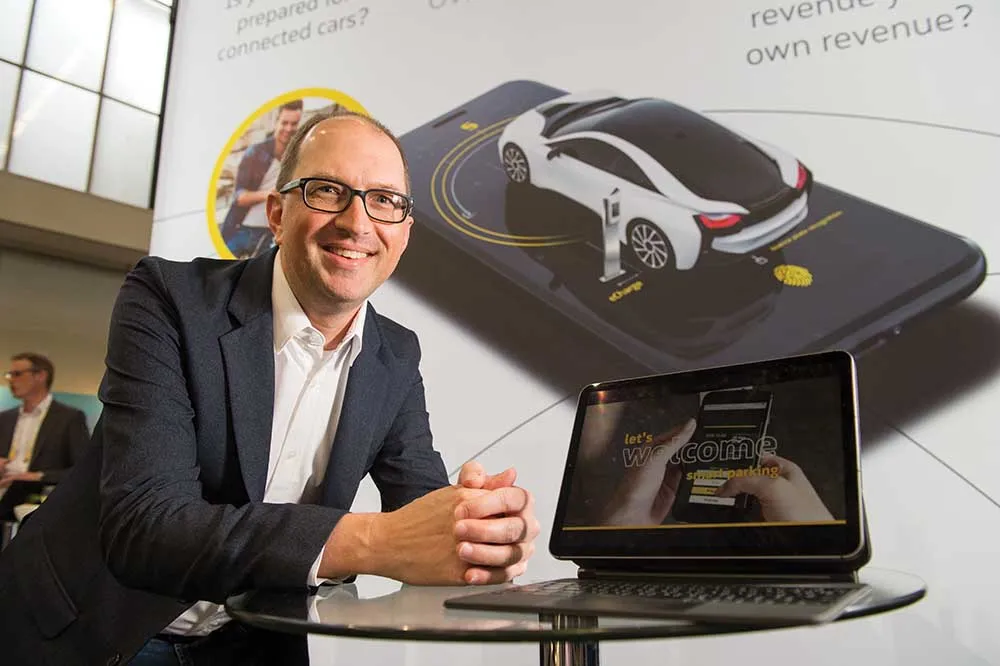The company says the eMobile-Plan can be used to simulate scenarios using different types of electric buses, different placements of charging stations within a network, as well as route profiles and temperature ranges to generate efficient timetables, blocks and duty schedules. Also, agencies can use the solution to define the medium and long-term impacts on energy costs and personnel requirements.
The tool optimises an agency’s data input through an integrated block and duty optimiser called Mobileopti2. These data sets can be saved, allowing further scenarios to run based on differing requirements.
Init’s solution can be used as a stand-alone system and can also integrate with third-party scheduling systems.
Init launces simulation tool for integrating EVs into fleets
Init has launched a simulation and planning tool which it says will allow transit agencies and bus manufacturers to integrate electric vehicles (EV) into fleets
The company says the eMobile-Plan can be used to simulate scenarios using different types of electric buses, different placements of charging stations within a network, as well as route profiles and temperature ranges to generate efficient timetables, blocks and duty schedules. Also, agencies can use the solution to define the medium and long-t
February 15, 2019
Read time: 1 min









